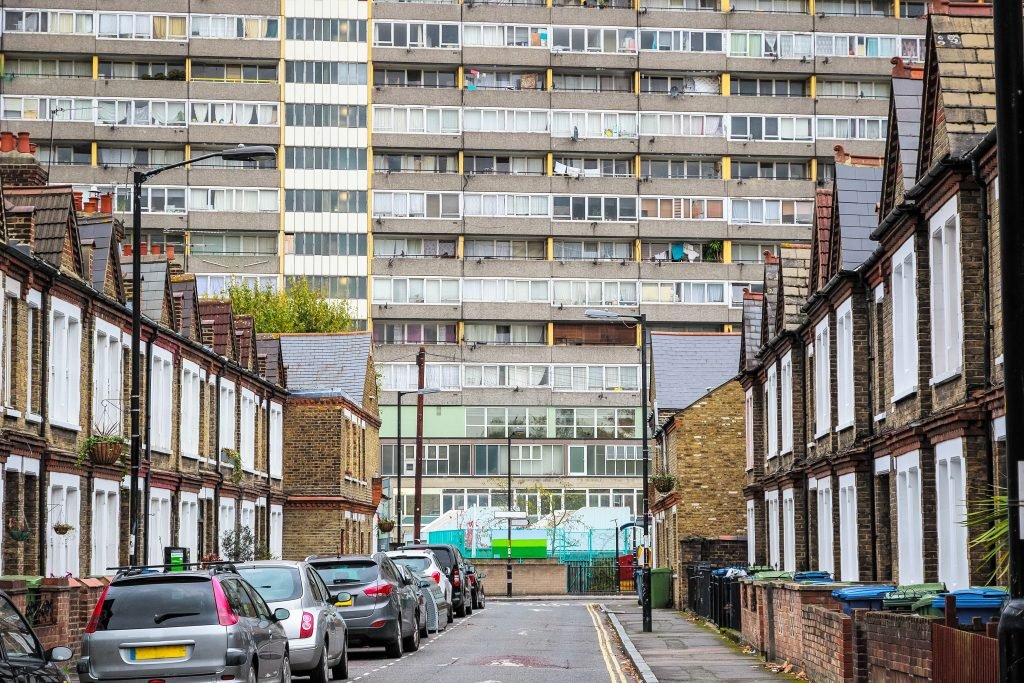Labour backs an additional £6.6bn investment over the next parliament in efficient domestic heating, with the Green Party proposing larger-scale funding for low carbon retrofit work
The Labour Party and Green Party have separately pledged to expand existing support for low carbon heat for their 2024 election manifestos.
Both parties say they would intend to scale-up existing investment in cutting heating demand and carbon emissions. However, there is a notable difference in the scale of some of these plans.
Labour, which polling says is on course to the largest party in parliament following July’s election, has outlined aims to introduce a Warm Homes Plan.
This strategy is intended to invest an additional £6.6bn over the course of the next parliament alongside existing investments planned by the Conservative Government in order to “upgrade” five million homes that would help to reduce domestic heating bills.
The party stated: “The Warm Homes Plan will offer grants and low interest loans to support investment in insulation and other improvements such as solar panels, batteries and low carbon heating to cut bills. We will partner with combined authorities, local and devolved governments, to roll out this plan.”
Labour added that no one would be “forced to rip out their boiler” under its plans. The language was similar to a pledge made earlier this week in the Conservative Party manifesto.
The Labour manifesto commitments were notably smaller in scale than previous pledges the Party made in 2023 to lower carbon heat. Labour last year said it would invest £6bn a year to support the roll-out of low carbon heating as part of a wider green investment plan amounting to £28bn a year.
This strategy had included aims to improve the energy efficiency of 19 million UK homes through measures such as insulation.
However, the party confirmed to the BBC in February that it would be rolling back on the investment plans that were no longer affordable as a result of economic uncertainty.
The party’s General Election manifesto also commits to partner with private sector organisations such as banks and building societies to offer financial packages to help more households to access energy efficiency upgrades and low caron heating.
The Labour Party added it was also introducing the Gret British Energy company with £8.3bn of capital over the course of the next parliament to spur the creation of jobs and supply chains incentivising localised generation of clean power.
The manifesto stated: “Great British Energy will partner with energy companies, local authorities, and co-operatives to install thousands of clean power projects, through a combination of onshore wind, solar, and hydropower projects. We will invite communities to come forward with projects, and work with local leaders and devolved governments to ensure local people benefit directly from this energy production.”
The party’s energy policy would also opt against issuing new licenses for oil and gas production in the North Sea. These existing operations will be manged for the entirety of their lifespan to ensure demand for power alongside a transition to net zero heat and power.
Proposals within the Green Party manifesto set out numerous funding ambitions for heat and buildings.
These pledges include assigning £29bn over the course of the next parliament to undertake wide-scale insulation improvements om homes to ensure can achieve an energy Performance Certificate rating of B or higher.
An additional £4bn was proposed over the same five year period to insulate other buildings. The Green Party also pledged 9bn of investment to help finance heat pumps and low carbon technologies in homes and other buildings.
The Green Party said it would also require all new homes to either meet Passivhaus or equivalent standards. These same properties should also be built with solar panels and heat pumps “where appropriate”.
Industry reaction
The UK Green Building Council (UKGBC), which has been responding this week to the manifestos of the main parties standing at the General Election, said it welcomed commitments in the Green Party manifesto to funding lower carbon housing.
Louise Hutchins, policy head at the UKGBC, said the proposed £29bn in funding for retrofitting housing was a welcome recognition of the scale of investment needed.
She said: “So far, this election hasn’t been a ‘climate election’ despite the dire warnings from scientists. This manifesto is a useful contribution to driving the issue up the agenda given the next government will be the last capable of brining in the game-changing policies needed.”
The Labour Party’s commitments were described by the UKGBC as providing a ‘steadier’ approach to low carbon reform that lacked any significant surprises.
Simon McWhirter, deputy chief executive with the UKGBC , said several of the commitments were seen as encouraging proposals that didn’t ultimately go fast enough to address concerns about climate change and the cost of living.
He added: “The commitment to a doubling of funding to help upgrade the UK’s energy inefficient homes, is welcome, but falls far short of the minimum £64bn our analysis shows is needed over the next decade.”
“We welcome moves to improve the planning system and for ‘exemplary development to be the norm, not the exception’, and our members are poised to help translate this into improved new development and town centre regeneration across the UK.”

